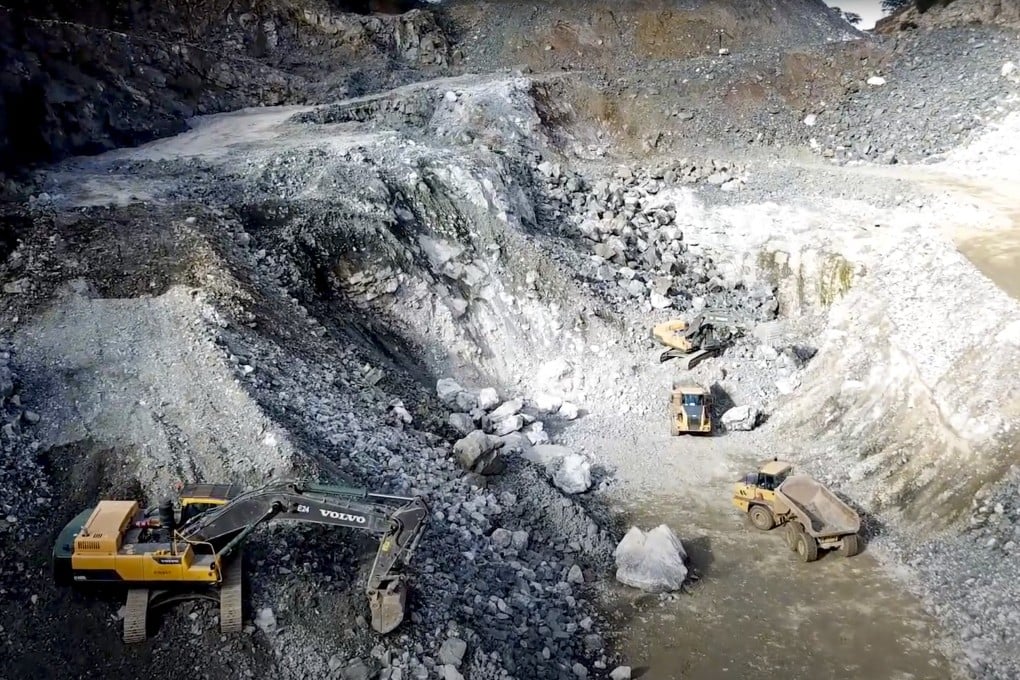Export ban means Chinese firms will have to build plants in Zimbabwe to process lithium
- Harare has barred exports of the metal – used in electric-vehicle batteries – in its raw form as part of efforts to have it processed locally
- Observer says facilities will cost hundreds of millions of dollars and it could take two to three years before they can get up and running

Companies must either set up local processing plants or provide proof of exceptional circumstances – and receive written permission from the government – before lithium can leave the country.
Zimbabwe is estimated to have the largest unexploited reserve of lithium in Africa and is the sixth-largest producer in the world. It imposed the export ban last week, as part of efforts to have lithium – the key raw material in electric-vehicle batteries – processed locally.

The government also wants to stop artisanal miners who reportedly dig up and take the mineral across borders. Harare says it has lost US$1.8 billion in mineral revenues due to smuggling, artisanal mining and externalisation to South Africa and the United Arab Emirates.
Chris Berry, president of commodities advisory firm House Mountain Partners in New York, said the export ban was a textbook example of resource nationalism.
“We saw the same example with Indonesia with nickel and Chile even tried to build a deeper lithium supply chain several years ago, though those circumstances were different and the country didn’t attempt to ban lithium exports, but instead levied huge royalties on lithium producers in the country,” Berry said.
Chinese firms that had made recent lithium investments in Zimbabwe would need to build processing facilities there at a cost of hundreds of millions of dollars so they can export higher value lithium chemicals, he said.
